It is International Women’s Day today. The day marks a historical chapter in history as far as gender equality goes. Women, and some men, have given their heart and souls to the cause demanding a better life for women across the globe. Today, in a bid to multi-task, women often neglect their health, which is as essential for a 'better life' as your other commitments. On this Women’s Day, we are listing top health concerns of women in their twenties, thirties and forties that you probably haven’t taken so seriously owing to your many priorities. But as they say, it is never too late. Have a happy and healthy Women’s Day, ladies!Women - In Their 20’s1. Health concerns emerging from lifestyle issues
Girls in 20’s can encounter several health issues with the kind of lifestyle habits they possess. Smoking, drinking alcohol and drugs plays a pivotal role in their overall health. Smoking and drinking can cause a bevy of heart and liver diseases. An increased risk of cholesterol also looms large with these habits. Young girls should include Cholesterol testing as part of their health routine. Higher cholesterol has resulted in higher blood pressure and diabetic concerns in many young girls.2. Eating disordersObsession with junk food aside, young women in their twenties are at a heightened risk of eating disorders like anorexia, bulimia and binge-eating. Visit your doctor and talk about the treatment and diet that can fix the problem. Remember what you think is a ‘healthy food habit’ may not always be a healthy way of going about food. It is not only important to eat the right food, but also in time and in a correct fashion. 3. Being Overweight Obesity is another health concern topping the list of women in twenties. As preventive measure to screen your obesity you can ask your healthcare professional, or nutritionist to provide you with a diet chart and healthy weight guidelines.4.Menstrual issues: Irregular menstrual periods is also a cause of worry amongst some young girls. Along with missed menstrual cycles, girls also complain of irregular flow of bleeding, at times heavy and at times sparse. You can contact a gynaecologist who could provide you with proper medication, diet and exercise plan to help you bring down the irregularity and excessive menstrual cramps.
 Women - In Their 30’s
Women - In Their 30’s
1. FertilityFertility tends to decline once you hit your thirties, and more so in your late thirties and it may take longer for you to conceive. Also chances of miscarriage and pregnancy-related health problems tend to increase as you grow older. Experts believe, a couple of lifestyle habits like smoking and drinking are also said to play a role in reduced fertility. However, you can discuss these concerns with your health professional, who could suggest fertility testing and other measures to help you conceive.Renowned Gynaecologist Dr. Rinku Sengupta says, “There are a lot of factors contributing to the issue, apart from the biological clock which make it difficult to conceive after a certain point, a combination of social and economic issues also play key roles in such decisions. Women are getting married later; career has become a big priority which makes them delay the idea of having a family to a later point of time.” She adds, “Then there are these woman who want to conceive, but don’t get time to address the issue. I meet women who are worried but are not finding time to sit and address it and bring in their husbands to the clinic. Science can only help if you are willing to let it help.”

2. Decline in metabolism and weight gainAs you hit your thirties your metabolism takes a down stride, which can result in you gaining those extra set of kilos. This decline could be attributed to many reasons, from hormones to genetics. Body fat increases significantly especially around the middle after you hit 30. However, regular exercise and yoga can curtail weight gain to a great extent. A balanced diet rich with fruits and vegetables and low on processed food and saturated fats is a must for woman in 30’s for monitoring weight.

3. DiabetesWeight issues can also send an invitation to pre-diabetes, a condition where above normal blood glucose may place women at an increased risk of developing Diabetes. A glucose test to find out if you are at risk, especially if you have had a family history of diabetes, is highly recommended.

4. Breast cancer riskYou may have read or seen the campaigns revolving around breast cancer scare in young women. Breast cancer is fast becoming a widespread phenomenon among women in India and abroad. According to the World Health Organisation, of the cases diagnosed in 2012, 25 percent of all cancer in women were breast cancer. The National Cancer Registry Programme lists that 20 percent of all breast cancer cases in India occur among women below the age of 40. So ladies, check your breasts regularly to detect lumps. Head for a mammogram and pet-scan if you find an unnatural growth in your breasts.Also read: (6 Effective Ways to Prevent Breast Cancer)
 Fine wrinkles begin to set around your skin, because the new skin cells formation isn’t as quick as it is in young skins. This could be a result of anything ranging from stress, hormones or your diet. Skin also tends to get a little duller as you age. However a balanced diet consisting fruits and vegetables and plenty of water should come to your rescue as far as skin ageing is concerned. Mild cleansers, sun block cream and moisturizers will also help you fight signs of skin ageing. Get in touch with your dermatologist who can suggest you an enhanced skin treatment plan, if the wrinkles bother you a lot. Also read: (Health and Diet Tips for Women in Their 20s)
Fine wrinkles begin to set around your skin, because the new skin cells formation isn’t as quick as it is in young skins. This could be a result of anything ranging from stress, hormones or your diet. Skin also tends to get a little duller as you age. However a balanced diet consisting fruits and vegetables and plenty of water should come to your rescue as far as skin ageing is concerned. Mild cleansers, sun block cream and moisturizers will also help you fight signs of skin ageing. Get in touch with your dermatologist who can suggest you an enhanced skin treatment plan, if the wrinkles bother you a lot. Also read: (Health and Diet Tips for Women in Their 20s)

6. Bone HealthThirties is a crucial age to take your bone health seriously. You know your bones are not as strong as they used to be, but that doesn’t mean you take this fact as a given and do nothing about it. Major bone loss begins around 30’s which leads to a severe bone-thinning disease called Osteoporosis later, if precautions aren’t taken in time. This loss can eventually affect your strength and balance. Make sure your diet has abundant calcium. Regular exercises like dancing, jogging or brisk walking can ensure great bone health benefits. Strength-training two to three times a week can also prove effective.

Women - In Their 40's1. Major hormonal changesA tumult of hormonal changes happen in the body of a 40 year old woman. In your forties you are most likely to hit perimenopause, the start of menopause. This phase has the ability to bring along a host of physical, emotional, psychological changes. The decline in body’s estrogen levels can bring forth marked changes like irregularity in menstrual periods, irritability, sleep problems, depression etc. These hormonal changes also effect fluctuations in weight, women struggle to shed the extra kilos easily now. Your metabolism continues to slow during the transition to menopause and your weight gradually shifts from your hips and thighs to your abdomen, shoulders and chest2. Depression and anxietyMany women are not able to take the transition so well and often fall prey to depression and anxiety issues. Juggling both family, work and ageing parents can get taxing for anyone, plus a set of hormonal changes (perimenopause) make things difficult to cope with. It is advised that you talk to a health professional if such negative feelings start hampering on your regular life a lot.Also read: (25 Signs of Depression in Teenagers: Don't Ignore The Problem)

3. OestoporosisWomen in their forties are at an alarming risk of developing bone thinning disease called Osteoporosis. As Estrogen levels go down, women are prone to low bone density. A calcium-rich diet can prevent the adverse effect of bone-thinning. Women need around 1000mg of calcium a day. Adequate calcium in combination with vitamin D for absorption will reduce the risk of osteoporosis. Have plenty of milk, curd, chia seeds, cheese, broccoli, almonds, bakchoy daily. Doctors can also suggest a few vitamins and mineral supplements to defend the health issue. 4. Heart diseasesThe risk goes up as you age, especially if one happens to have a family history of heart diseases. While it isn’t mandatory that you would contract the same disease at the same age, but set of preventive measures like regular medical check-ups, basic screening tests, cholesterol tests, etc can help reduce the risk effectively.

5. Eye sightIn a significant percentage of 40-year-olds, there is an increased risk of poor vision. Apart from bifocal glasses and corrective lenses to sharpen the vision, some of the women may also have to undergo certain eye related surgeries.

Girls in 20’s can encounter several health issues with the kind of lifestyle habits they possess. Smoking, drinking alcohol and drugs plays a pivotal role in their overall health. Smoking and drinking can cause a bevy of heart and liver diseases. An increased risk of cholesterol also looms large with these habits. Young girls should include Cholesterol testing as part of their health routine. Higher cholesterol has resulted in higher blood pressure and diabetic concerns in many young girls.2. Eating disordersObsession with junk food aside, young women in their twenties are at a heightened risk of eating disorders like anorexia, bulimia and binge-eating. Visit your doctor and talk about the treatment and diet that can fix the problem. Remember what you think is a ‘healthy food habit’ may not always be a healthy way of going about food. It is not only important to eat the right food, but also in time and in a correct fashion. 3. Being Overweight Obesity is another health concern topping the list of women in twenties. As preventive measure to screen your obesity you can ask your healthcare professional, or nutritionist to provide you with a diet chart and healthy weight guidelines.4.Menstrual issues: Irregular menstrual periods is also a cause of worry amongst some young girls. Along with missed menstrual cycles, girls also complain of irregular flow of bleeding, at times heavy and at times sparse. You can contact a gynaecologist who could provide you with proper medication, diet and exercise plan to help you bring down the irregularity and excessive menstrual cramps.
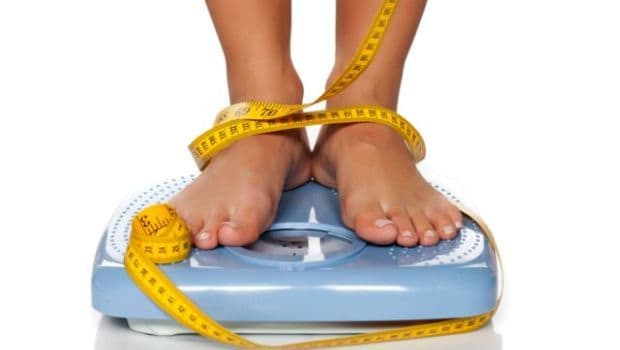
1. FertilityFertility tends to decline once you hit your thirties, and more so in your late thirties and it may take longer for you to conceive. Also chances of miscarriage and pregnancy-related health problems tend to increase as you grow older. Experts believe, a couple of lifestyle habits like smoking and drinking are also said to play a role in reduced fertility. However, you can discuss these concerns with your health professional, who could suggest fertility testing and other measures to help you conceive.Renowned Gynaecologist Dr. Rinku Sengupta says, “There are a lot of factors contributing to the issue, apart from the biological clock which make it difficult to conceive after a certain point, a combination of social and economic issues also play key roles in such decisions. Women are getting married later; career has become a big priority which makes them delay the idea of having a family to a later point of time.” She adds, “Then there are these woman who want to conceive, but don’t get time to address the issue. I meet women who are worried but are not finding time to sit and address it and bring in their husbands to the clinic. Science can only help if you are willing to let it help.”

2. Decline in metabolism and weight gainAs you hit your thirties your metabolism takes a down stride, which can result in you gaining those extra set of kilos. This decline could be attributed to many reasons, from hormones to genetics. Body fat increases significantly especially around the middle after you hit 30. However, regular exercise and yoga can curtail weight gain to a great extent. A balanced diet rich with fruits and vegetables and low on processed food and saturated fats is a must for woman in 30’s for monitoring weight.

3. DiabetesWeight issues can also send an invitation to pre-diabetes, a condition where above normal blood glucose may place women at an increased risk of developing Diabetes. A glucose test to find out if you are at risk, especially if you have had a family history of diabetes, is highly recommended.
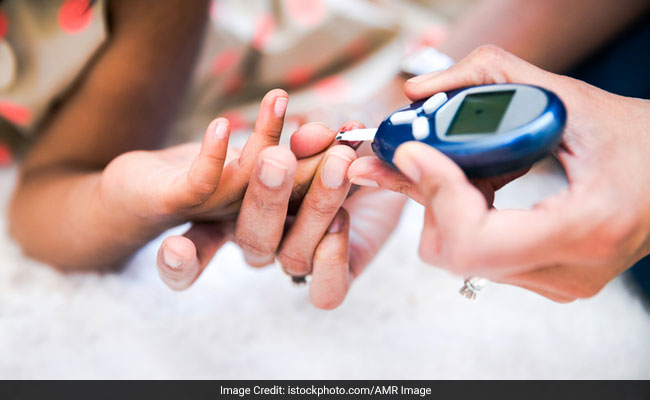
4. Breast cancer riskYou may have read or seen the campaigns revolving around breast cancer scare in young women. Breast cancer is fast becoming a widespread phenomenon among women in India and abroad. According to the World Health Organisation, of the cases diagnosed in 2012, 25 percent of all cancer in women were breast cancer. The National Cancer Registry Programme lists that 20 percent of all breast cancer cases in India occur among women below the age of 40. So ladies, check your breasts regularly to detect lumps. Head for a mammogram and pet-scan if you find an unnatural growth in your breasts.Also read: (6 Effective Ways to Prevent Breast Cancer)
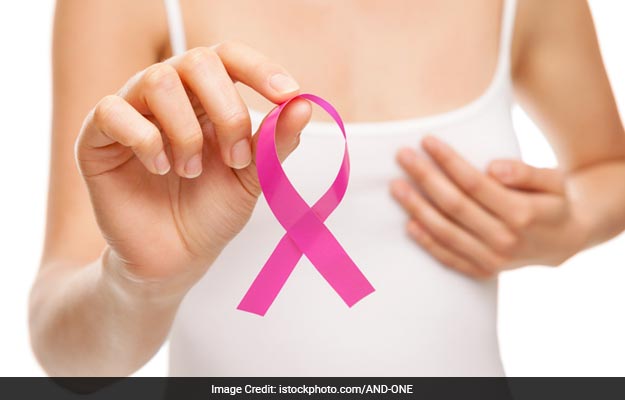
5. Skin concerns
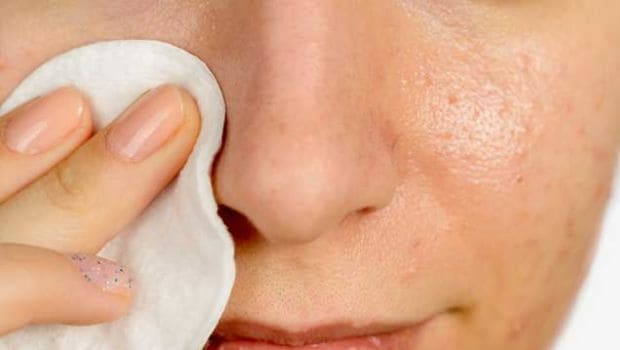
6. Bone HealthThirties is a crucial age to take your bone health seriously. You know your bones are not as strong as they used to be, but that doesn’t mean you take this fact as a given and do nothing about it. Major bone loss begins around 30’s which leads to a severe bone-thinning disease called Osteoporosis later, if precautions aren’t taken in time. This loss can eventually affect your strength and balance. Make sure your diet has abundant calcium. Regular exercises like dancing, jogging or brisk walking can ensure great bone health benefits. Strength-training two to three times a week can also prove effective.
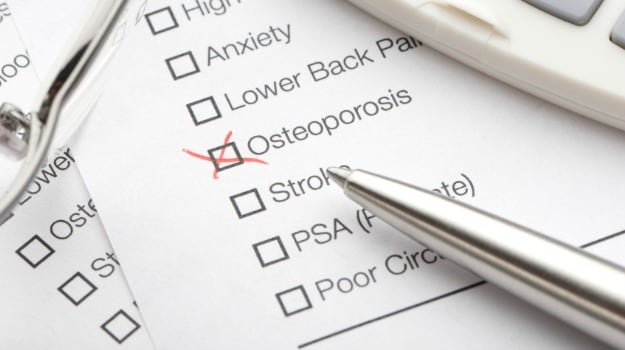
Women - In Their 40's1. Major hormonal changesA tumult of hormonal changes happen in the body of a 40 year old woman. In your forties you are most likely to hit perimenopause, the start of menopause. This phase has the ability to bring along a host of physical, emotional, psychological changes. The decline in body’s estrogen levels can bring forth marked changes like irregularity in menstrual periods, irritability, sleep problems, depression etc. These hormonal changes also effect fluctuations in weight, women struggle to shed the extra kilos easily now. Your metabolism continues to slow during the transition to menopause and your weight gradually shifts from your hips and thighs to your abdomen, shoulders and chest2. Depression and anxietyMany women are not able to take the transition so well and often fall prey to depression and anxiety issues. Juggling both family, work and ageing parents can get taxing for anyone, plus a set of hormonal changes (perimenopause) make things difficult to cope with. It is advised that you talk to a health professional if such negative feelings start hampering on your regular life a lot.Also read: (25 Signs of Depression in Teenagers: Don't Ignore The Problem)
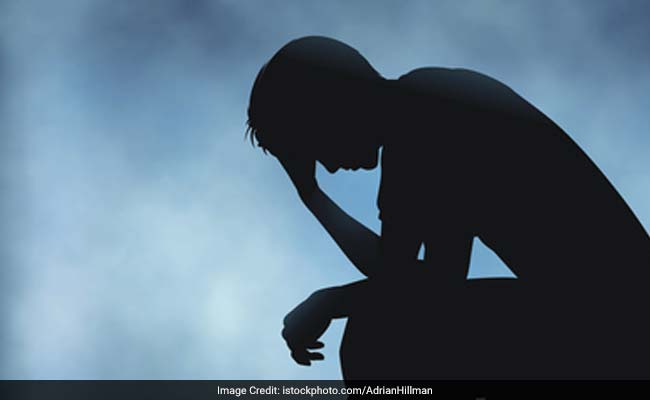
3. OestoporosisWomen in their forties are at an alarming risk of developing bone thinning disease called Osteoporosis. As Estrogen levels go down, women are prone to low bone density. A calcium-rich diet can prevent the adverse effect of bone-thinning. Women need around 1000mg of calcium a day. Adequate calcium in combination with vitamin D for absorption will reduce the risk of osteoporosis. Have plenty of milk, curd, chia seeds, cheese, broccoli, almonds, bakchoy daily. Doctors can also suggest a few vitamins and mineral supplements to defend the health issue. 4. Heart diseasesThe risk goes up as you age, especially if one happens to have a family history of heart diseases. While it isn’t mandatory that you would contract the same disease at the same age, but set of preventive measures like regular medical check-ups, basic screening tests, cholesterol tests, etc can help reduce the risk effectively.

5. Eye sightIn a significant percentage of 40-year-olds, there is an increased risk of poor vision. Apart from bifocal glasses and corrective lenses to sharpen the vision, some of the women may also have to undergo certain eye related surgeries.
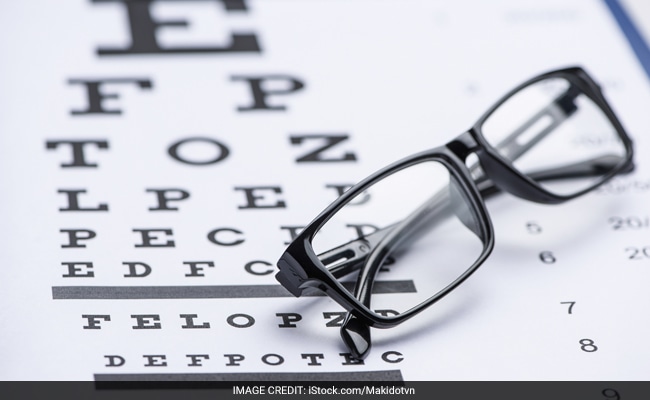
Advertisement
About Sushmita SenguptaSharing a strong penchant for food, Sushmita loves all things good, cheesy and greasy. Her other favourite pastime activities other than discussing food includes, reading, watching movies and binge-watching TV shows.







